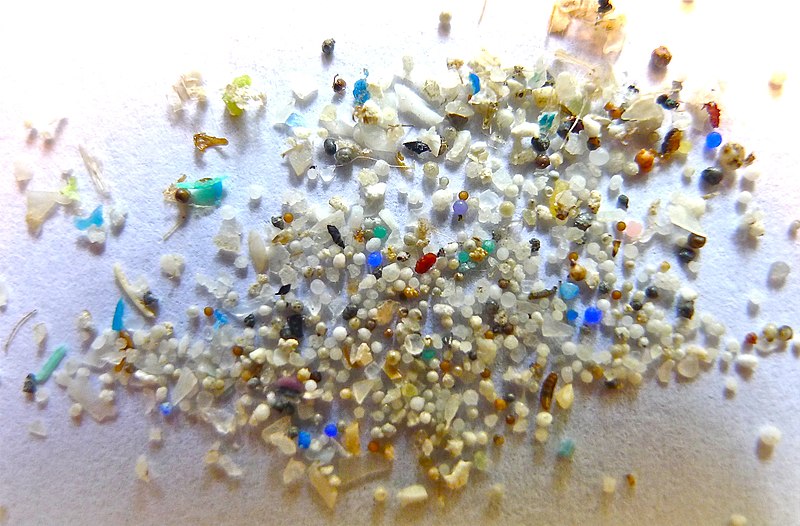Microplastics, tiny fragments of plastic less than 5 millimeters in size, have become a pervasive environmental concern. These minuscule particles originate from various sources, including the breakdown of larger plastic products, synthetic textiles, and even personal care items. They contaminate our oceans, rivers, and soil, posing a threat to marine life, wildlife, and potentially even human health as they enter the food chain.
Revolutionizing Plastic: The Quest for Complete Decomposition
However, there’s good news. Researchers at the University of California San Diego (UC San Diego) and Algenesis, a sustainable materials company, have achieved a significant milestone in the fight against plastic pollution. They’ve developed and tested the first plastic demonstrated to decompose completely, even when broken down into tiny microplastic fragments.
A New Era of Sustainability: The Development of Plant-Based Plastics
Traditionally, plastic products degrade into microplastics over time, contaminating our oceans, soil, and even the food chain. This new plant-based plastic, however, biodegrades entirely in under seven months, even at the microplastic level, offering a promising solution to this growing environmental problem.
This innovation represents a significant shift in plastic development. While biodegradable plastics have existed before, this is the first one that tackles the issue of microplastics from the very beginning. The researchers hope that this new material will eventually replace conventional petroleum-based plastics, leading to a cleaner environment and potentially even improved human health.
Developing an environmentally sustainable substitute for petroleum-derived plastics is just one aspect of the extensive journey toward feasibility. The persistent obstacle lies in effectively integrating the novel material into existing manufacturing machinery initially designed for conventional plastics. Algenesis is making strides by partnering with companies like Trelleborg and RhinoShield to integrate plant-based polymers from UC San Diego into products such as coated fabrics and cell phone cases.







